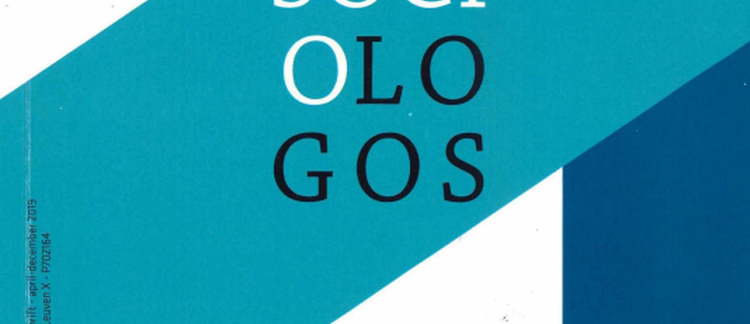Abstract
This article presents the findings of a qualitative literature review on the central questions in the Western-European “multicultural debate”, with specific regard for the Belgian region. The multicultural debate is defined as the public discussion on problems that are rightly or wrongly linked to the fact of living together in a culturally diverse context. The four key domains that are identified in this debate are the following: (im)migration, integration, discrimination/racism and the place of religion/Islam. This article attempts to offer an overview of the answers provided by the scientific literature within each of these domains. The main conclusion is that although there is undeniably a large volume of (raw) data available, especially with regard to migration and integration, the central questions in this debate are only to a very limited extent being answered with sound empirical findings. This makes it more difficult to reach a scientific consensus on these questions. Meanwhile, many have pointed out the series of political and societal shifts that have taken place in several western countries as a new “post-truth” era in which truth, facts and rationality no longer matter. As these developments have once again placed diversity and multicultural issues at the centre of public discourses and the collective imaginary, possible implications of the findings of this study in this context are discussed.
How to Cite:
Seutin, A. & Hannes, K., (2019) “Een herbeschouwing van het West-Europese multiculturele debat in een ‘post-truth’-context”, Sociologos 40(2-3&4), 92–122. doi: https://doi.org/10.21825/sociologos.87005
Downloads:
Download PDF
View PDF


